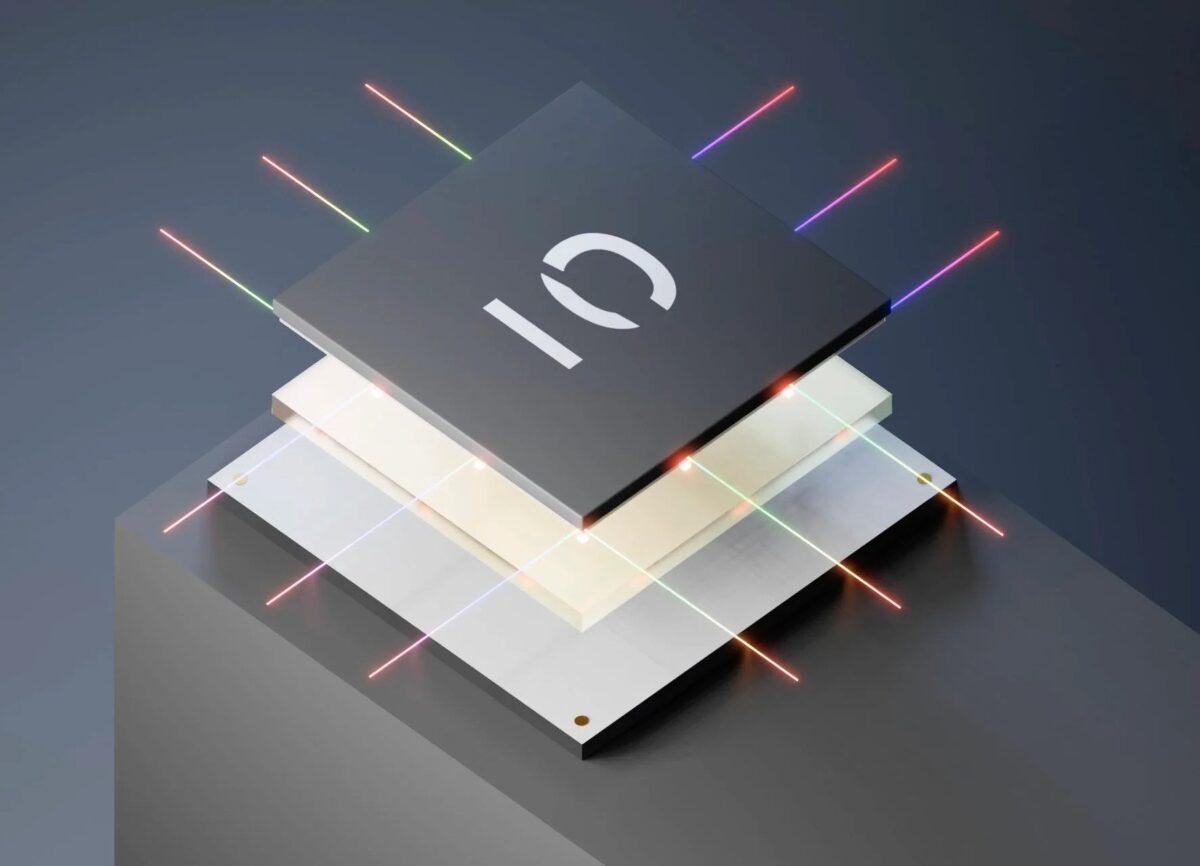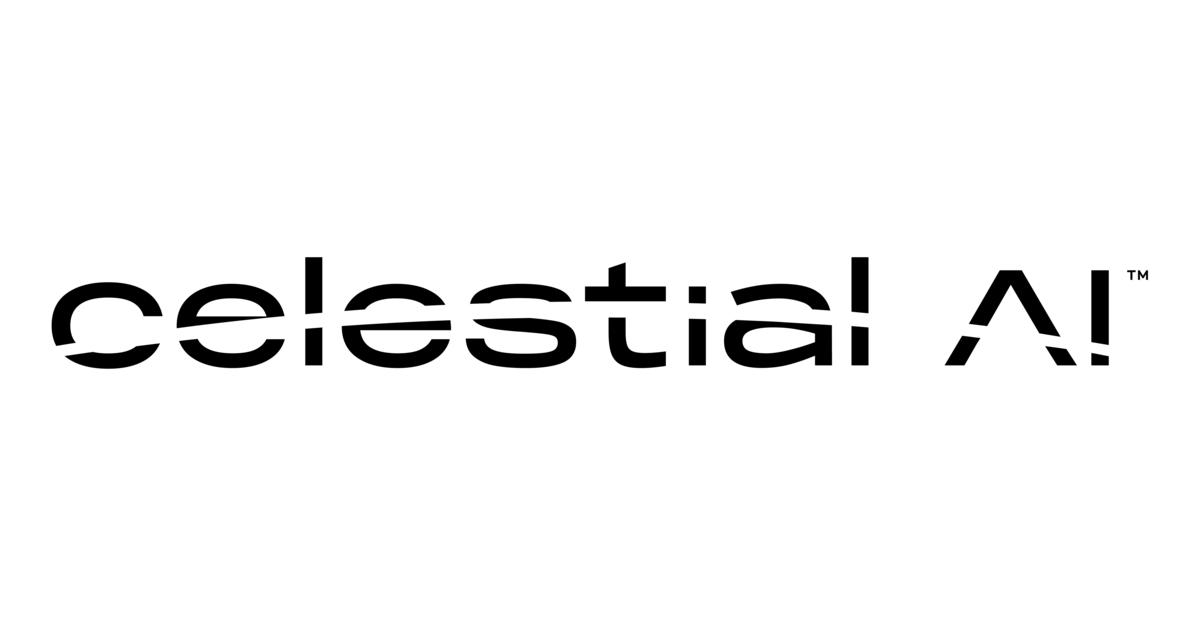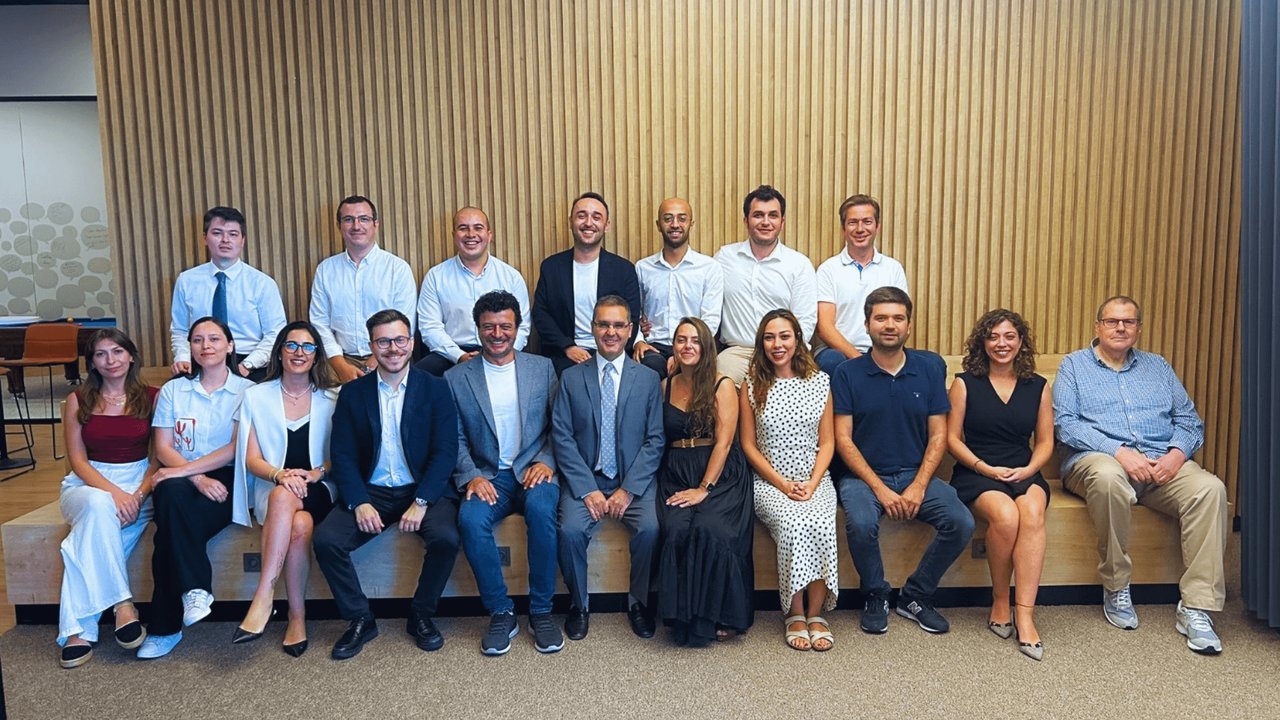Celestial AI, founded several years ago by David Lazovsky and Preet Virk, announced that it has raised $100 million in a Series B round led by IAG Capital Partners, Koch Disruptive Technologies and Temasek's Xora Innovation fund. The company's founders work as technologists specialising in semiconductor engineering and photonics. They realised several years ago that AI and machine learning workloads would quickly face a "data movement" problem. Their prediction was that once AI models grew beyond the capacity that could be held on a memory chip, it would become increasingly difficult to move data to computing hardware.
Also Read: The Most Invested Software with Crowdfunding: Easyapp!
Celestial AI Can Transfer Data Using Light

Their solution, designed by Phil Winterbottom, led them to found a startup called Celestial AI. Celestial AI developed an optical link technology for compute-compute, compute-memory and on-chip data transmission. Lazovsky and Virk, working together with Winterbottom, decided to commercialise the company. And now this startup is attracting major investors. Celestial AI today announced that it has raised $100 million in a Series B round led by IAG Capital Partners, Koch Disruptive Technologies and Temasek's Xora Innovation fund. This round brings Celestial AI's total investment to over $165 million. According to CEO Lazovsky, these resources will be used to support the production of Celestial's photonics platform and expand the company's engineering, sales and technical marketing departments.
Samsung Catalyst, Smart Global Holdings, Porsche Automobil Holding SE, The Engine Fund, imec.xpand, M Ventures and Tyche Partners are among other investors participating in Celestial's Series B round. Celestial currently has about 100 employees, and Lazovsky says he expects that number to grow to 130 by the end of the year. "Today, compute and memory are closely linked. The only way to add higher bandwidth memory is to add additional computational power, whether or not additional computational power is required, Celestial's technology enables memory decomposition." explains Lazovsky, a partner in the company."
Celestial has developed a solution with its photonics-based architecture. This technology is scalable in multi-chip systems. Celestial's technology, which can transfer data using light, enables information to be transmitted within and between chips, making memory and compute available for AI and other workloads. Celestial also claims that its technology can indirectly improve a chip's performance by reducing the amount of electricity required for data movement. Typically, chips use a fraction of the electricity dedicated to data movement between their circuits, and this steals from the chip the amount of electricity they could be diverting to computational tasks. Celestial's photonics reduces the power required for data movement, allowing a chip to increase its computing power.
The company can easily solve problems with its phonetic structure

Celestial claims that its photonic technology is compatible with most industry standards. The company claims it offers 25 times higher bandwidth and 10 times lower latency and power consumption than optical alternatives. Lazovsky said: "There is a rapid trend towards accelerated computing in AI, especially in large language models (LLMs) and recommendation engine workloads. The key issues going forward are memory capacity, memory bandwidth and data movement - chip-to-chip connectivity. We solve this problem with Celestial's photonic structure."
Celestial offers its product through a licensing programme and claims to work with many "world-class" customers, including hyperscale companies and processor and memory companies. The connectivity product appears to be a top priority for Celestial. The company sells its own AI accelerator chip called Orion, which is built on Celestial's photonic architecture. However, investors point out that AI photonic chips still have not overcome engineering challenges in terms of scalability. Overcoming hurdles such as data-to-analogue conversion and signal reconstruction in today's photonic chips is not far ahead of Orion's competitors, if Celestial somehow finds a solution..
In addition to the chip, Celestial also has many competitors in the photonics-based integrated circuit market, which could be worth $26.42 billion by 2027. Ayar Labs, which produces chip solutions based on optical networking principles, has raised over $200 million in venture capital since its founding in 2015. Another competitor, Renovus, recently received an investment of $73.9 million. There may be a merger in the broader optical connectivity space. About three years ago, Marvell acquired Inphi, an optical networking specialist, for $10 billion. After a period of silence, Microsoft last year acquired Lumenisity, a startup that develops high-speed optical cables for data centre and carrier networks. Both companies focused on different use cases. But the enthusiasm of big tech companies for optics and photonics is remarkable. Lazovsky says the following about this issue: Our photonics technology is truly differentiated and superior. There is a growth in generative AI workloads due to LLMs. The pressures on these workloads are rapidly increasing the demand for optical connectivity for accelerated computing from existing data centre infrastructure.





No comments yet for this news, be the first one!...